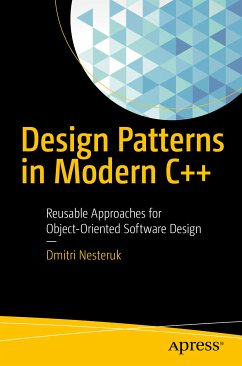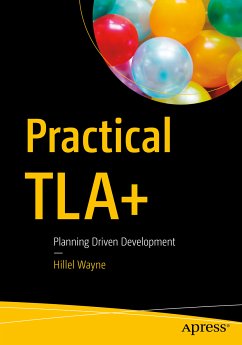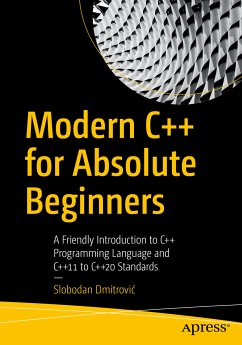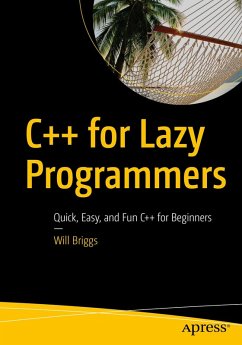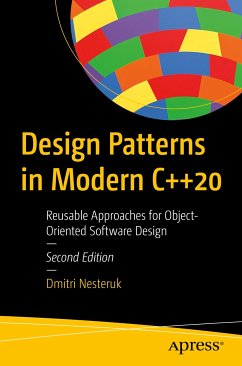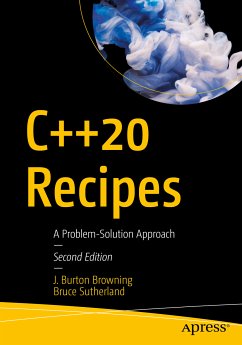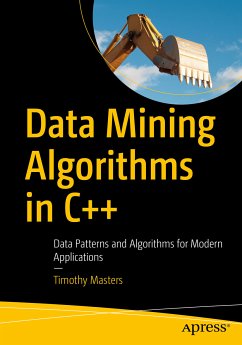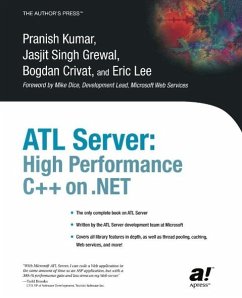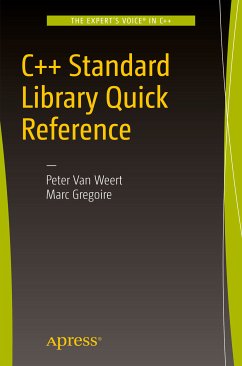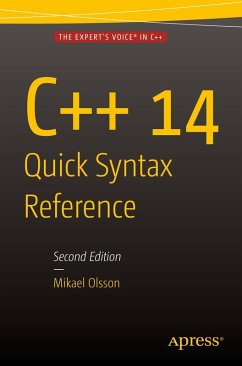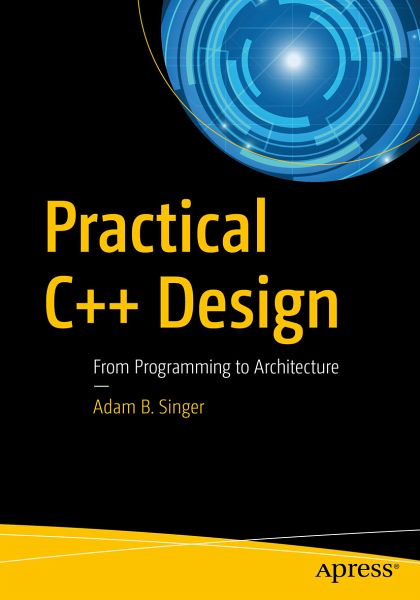
Practical C++ Design (eBook, PDF)
From Programming to Architecture

PAYBACK Punkte
20 °P sammeln!
Develop a complete, cross-platform C++ application from a blank canvas
Learn to translate a specification document into a practical C++ design
Learn the fundamentals of API design
Dieser Download kann aus rechtlichen Gründen nur mit Rechnungsadresse in A, B, BG, CY, CZ, D, DK, EW, E, FIN, F, GR, HR, H, IRL, I, LT, L, LR, M, NL, PL, P, R, S, SLO, SK ausgeliefert werden.
Alle Preise in Euro und inkl. der gesetzl. MwSt. | Innerhalb Deutschlands liefern wir preisgebundene Bücher versandkostenfrei. Weitere Informationen: bitte hier klicken
Support
Bitte wähle dein Anliegen aus:
Rechnungen
Bestellstatus
Retourenschein
Storno



